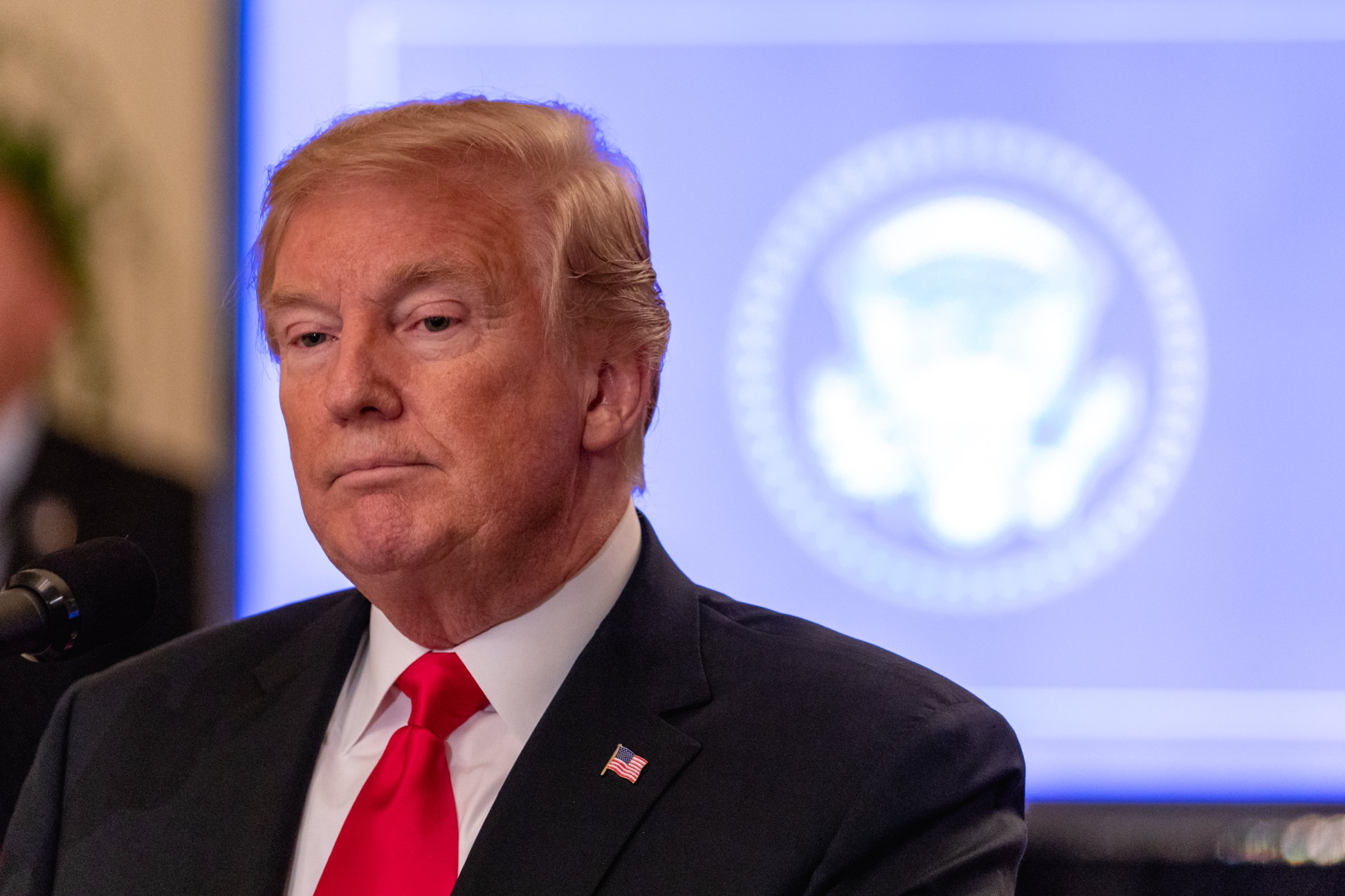
(Bloomberg) — Global economic leaders are pushing back against U.S. President Donald Trump’s latest rants on global trade and currencies, speaking out against higher tariffs while backing central bank independence.
Officials from Germany to Japan and South Africa at the Group of 20 meeting of finance ministers in Buenos Aires rejected Trump’s unilateral stance, while working to build consensus on a final communique that would avoid upsetting Washington. G-20 members traditionally cap their meetings with a communique that summarizes key policy recommendations.
The U.S. president’s fiery rhetoric is more than just a threat and has begun to impact the real economy, said South African Reserve Bank Deputy Governor Daniel Mminele.
“The mere talking about it, the ratcheting up of the rhetoric does affect confidence, does create uncertainty, and will already have influenced behavior even before the first shot was fired,” Mminele said in an interview in Buenos Aires.
Trade War
Trump on Friday threatened to deepen the trade war with China by slapping tariffs on just about all of its exports to America, while blasting currency policies in China and Europe and criticizing monetary policy at home. Treasury yields on Friday climbed the most since May following the president’s remarks, and the dollar weakened the most since March.
Speaking to reporters on the sideline of the summit, U.S. Treasury Secretary Steven Mnuchin elaborated on the president’s remarks, saying Trump fully supports Federal Reserve independence and isn’t trying to interfere in foreign-exchange markets.
But Germany’s Finance Minister Olaf Scholz was categorical in rejecting Trump’s claims that Europeans game their currency. “The European Union carries out very rational policies, which are not geared at artificially creating economic successes through currency levels,” he told reporters.
And Bank of Japan Governor Haruhiko Kuroda didn’t share Trump’s frustration with rising U.S. interest rates and a stronger dollar, saying they reflect a solid economy.
“For the U.S. economy and the global economy, that is not a negative,” he said.
Indeed, allowing the Fed to pursue its own monetary policy is essential, said Christine Lagarde, head of the International Monetary Fund.
“Independence is key,” Lagarde told reporters in Buenos Aires. “We always value the independence of central banks.”
More Must-Reads from TIME
- Donald Trump Is TIME's 2024 Person of the Year
- Why We Chose Trump as Person of the Year
- Is Intermittent Fasting Good or Bad for You?
- The 100 Must-Read Books of 2024
- The 20 Best Christmas TV Episodes
- Column: If Optimism Feels Ridiculous Now, Try Hope
- The Future of Climate Action Is Trade Policy
- Merle Bombardieri Is Helping People Make the Baby Decision
Contact us at letters@time.com